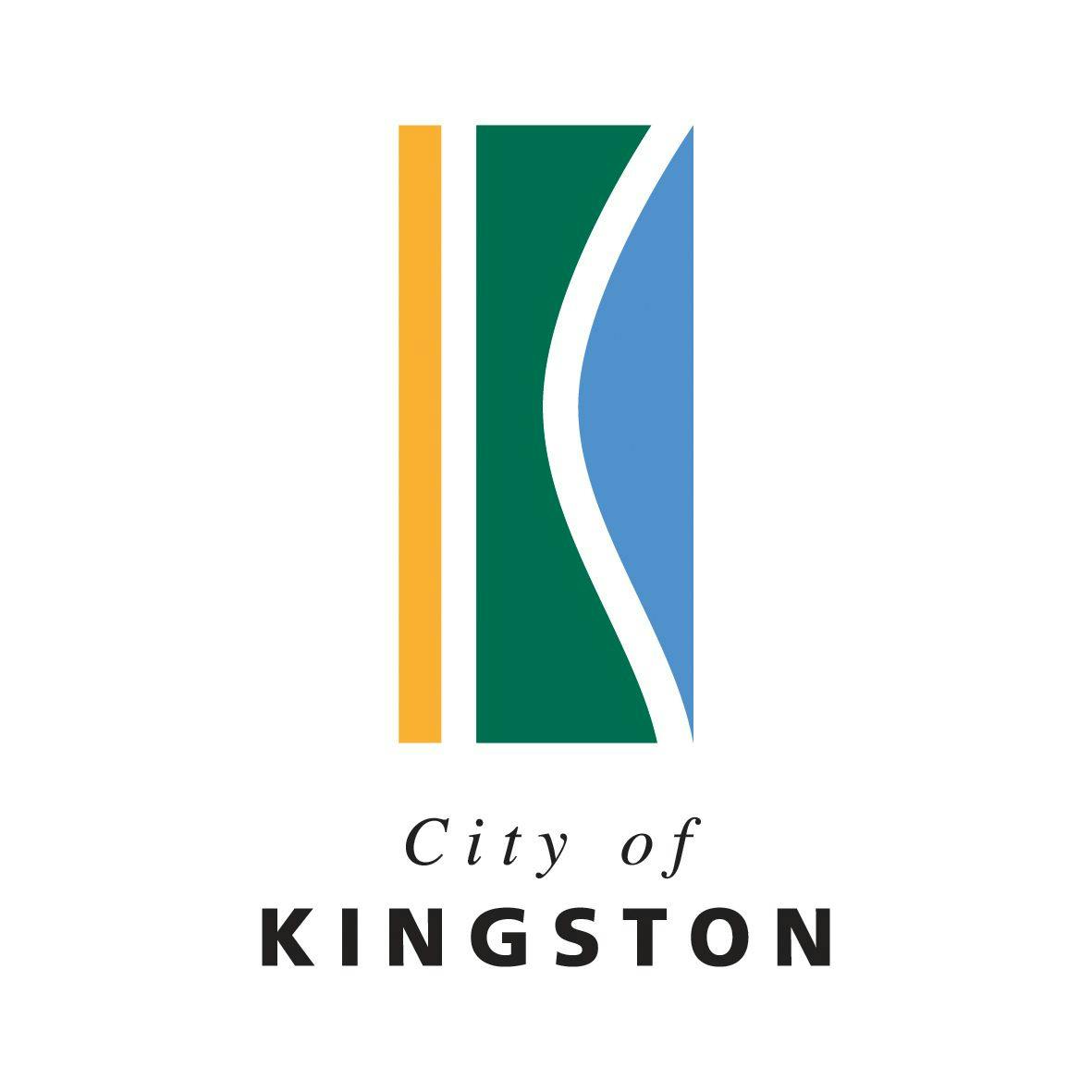Communications Survey
Share Communications Survey on Facebook
Share Communications Survey on Twitter
Share Communications Survey on Linkedin
Email Communications Survey link
Consultation has concluded.

In mid-2016 Council undertook a survey to determine what Council news you want to hear about and how we can best deliver that information to you.
What we heard
Thank you to everyone who provided their feedback to the Communications Survey. We had an overwhelming response, with over 308 respondents letting us know their thoughts online and in hard copy.
Click here to read a one-page summary on the survey findings.
Next steps
Using the valuable feedback you provided, we have developed a proactive plan to improve the way Council communicates with you. Over the coming months, we will be:
- making it easier for you to know what’s happening in your area through the introduction of targeted e-newsletters
- reinforcing our commitment to community engagement by making it easier for the community to provide feedback
- better promotion of the important decisions made at our Council Meetings
- letting you know how we’re lobbying on your behalf
- explaining the planning and population challenges facing our City and how Council intends to manage these challenges
- reviewing our communication channels to make sure you’re hearing us loud and clear.


